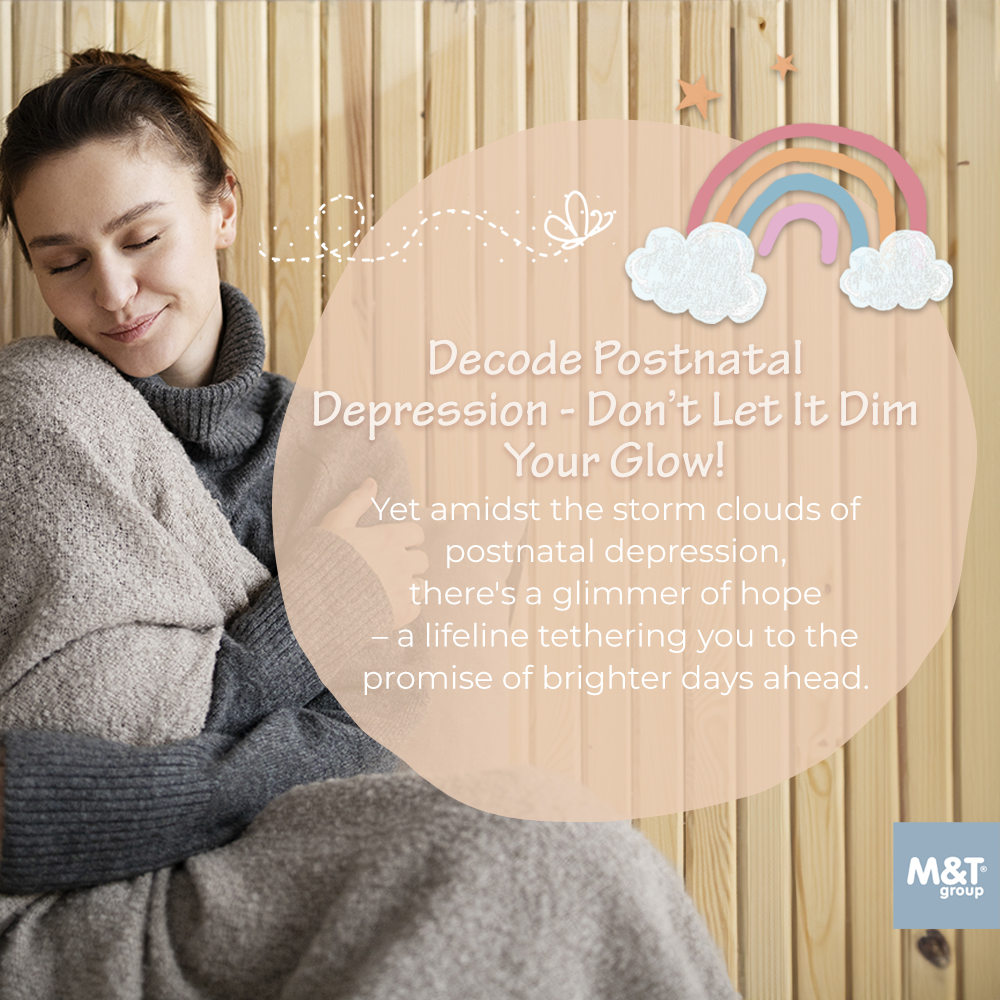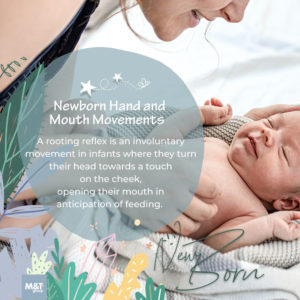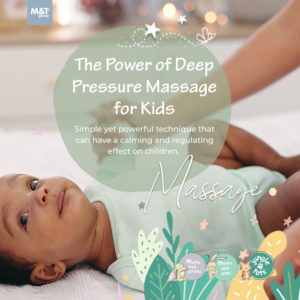Key facts
- Postnatal depression is common, affecting up to 1 in 5 new mums and 1 in 10 new dads.
- Common symptoms of postnatal depression include low mood, changes in sleep and appetite, and feelings of hopelessness.
- Unlike ‘baby blues’, postnatal depression lasts longer, is more severe and doesn’t usually go away without help.
- Your doctor or healthcare nurse can give you advice about support and treatment that may be right for you.
- If you are struggling, ask for help. It’s important to seek help if you think you may have postnatal depression — this is a common condition, and there’s no need to feel ashamed.
Amidst the whirlwind of welcoming a new addition to the family, many parents find themselves navigating uncharted emotional territory. While exhaustion and overwhelm are par for the course, there’s a distinct difference when it comes to postnatal depression – a weight that lingers, casting shadows over the joyous moments of parenthood.
Postnatal depression isn’t just a fleeting mood; it’s a heavy cloak of sadness, numbness, or hopelessness that refuses to lift. It’s as if the colours of life have dulled, leaving behind a monochrome existence where even the simplest of tasks feel insurmountable. And it’s not just the emotional toll – physical symptoms like sleep disturbances and changes in appetite further compound the struggle, making each day feel like an uphill battle.
But here’s the thing – you’re not alone. Postnatal depression affects more parents than you might think, with around 1 in 5 mums and 1 in 10 dads in South Africa grappling with its grasp within the first year of parenthood. Yet, despite its prevalence, it’s crucial to understand that postnatal depression isn’t the norm – and it certainly isn’t something to sweep under the rug.
Navigating the terrain of postnatal depression can be tricky, especially when the lines blur between ‘baby blues’ and something more serious. While the ‘baby blues’ may cloud your skies temporarily, postnatal depression paints a more enduring landscape of despair. Unlike the passing storm of ‘baby blues,’ postnatal depression is a tempest that refuses to abate without intervention.
So how do you know if you’re treading water or sinking beneath the waves of postnatal depression? Trust your instincts. If your emotional landscape feels more like a desolate wasteland than the verdant pastures of parenthood, it’s time to seek help. Whether it’s a heart-to-heart with your doctor, a candid conversation with your partner, or a reassuring chat with your child health nurse – reaching out is the first step towards reclaiming your light.
But postnatal depression isn’t a solitary island in the sea of parental struggles. It often shares its shores with postnatal anxiety – two sides of the same coin, each casting its own shadow over the joys of parenthood. While depression weighs heavy on the heart, anxiety dances on the edges of reason, weaving a tangled web of worry and fear.
Yet amidst the storm clouds of postnatal depression, there’s a glimmer of hope – a lifeline tethering you to the promise of brighter days ahead. With the right support and treatment, the sun will break through the clouds, illuminating the path towards healing and restoration.
So if you find yourself adrift in the sea of postnatal depression, know this – you’re not alone, and there’s a beacon of hope guiding you home. Reach out, seek help, and hold fast to the promise of brighter days ahead. After all, the greatest journey of parenthood is the one that leads us back to ourselves.





